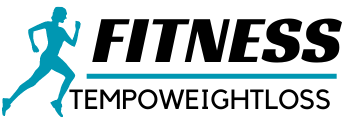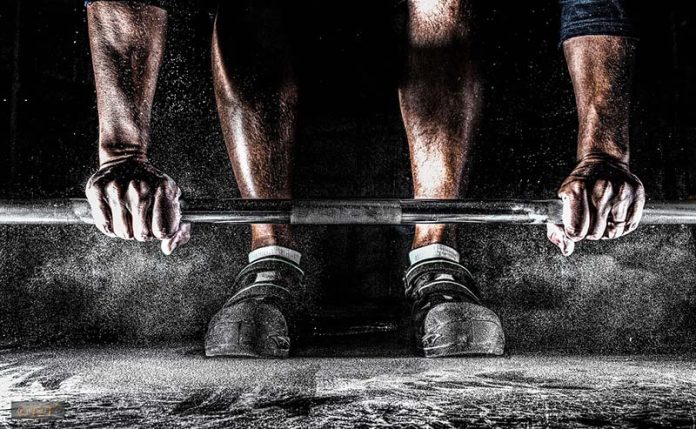Knowing how to fuel physical activity can be tricky. Plus, add that to figuring out what to eat after the gym, and you have another layer of complexity. While pre-and post-workout nutrition can be confusing, it doesn’t have to be. The main thing to understand is that what you put in your body before, during, and after your workout can dramatically affect your performance, recovery, and overall health. When it comes to sports nutrition, carbs ( or carbs for short) are macronutrients ( sorry, protein!)—before and after a training session. Read on to learn which carbs provide a quick source of energy before hitting the gym, and whether you should Replenish carbs during exercise, the best carbs to eat after a workout, and whether meal timing matters.
What are carbohydrates?
Carbohydrates are one of three main macronutrients (the other two are protein and fat). Unfortunately, this macronutrient is often rapped as the culprit for weight gain. However, when people talk about carbohydrates and weight gain, they are usually referring to the refined, simple carbohydrates found in processed foods such as high-added-sugar cereals, white bread, pastries, etc. These foods are usually less refined than foods that contain less fiber and nutrients. When you eat carbohydrates, your digestive system breaks them down into glucose, a type of sugar that is the main source of energy for the cells in our body. While simple carbohydrates are easier to digest and absorb than complex carbohydrates, They tend to make your blood sugar levels go faster and higher. Repeated blood sugar spikes over time can increase your risk of chronic diseases like heart disease, kidney problems, diabetes and nerve damage.
In contrast, complex carbohydrates are an ideal source of fuel for the body’s physical performance. Complex carbohydrates are found in several whole foods, including fruits, vegetables, whole grains, legumes, nuts, and seeds. Because foods containing complex carbohydrates also contain fiber , your body digests complex carbohydrates more slowly, reducing the rate at which they are released into the bloodstream. This prevents your blood sugar spikes, by providing a slow-release sustainable source of energy over an extended period of time.
The Best Carbs to Eat Before a Workout and When
While complex carbs are the best source of fuel for any physical activity, you may be wondering: Which complex carbs should I eat before a workout? Or, how long should I wait after a meal before exercising? Well, the answer depends on a variety of factors, including the intensity and duration of your workout, your schedule, and biometrics such as height, weight, and gender. However, as a general guideline, whether you’re strength training, cardio, or exercising, you should consume complex carbohydrates two to three hours before exercising. Examples of carbohydrate-rich complex foods to add before a workout include oatmeal, buckwheat, whole-grain bread, lentils, beans, whole-grain pasta, blueberries, raspberries, apples, potatoes, and yams.
“Complex carbs are best early in the day, at least a few hours before a workout. You’ll usually want a simple source of carbohydrates before a workout, as this will help provide some energy immediately before your workout. Eat complex or high-fiber carbohydrates within hours because food tends to sit in your stomach and digest so quickly.
As a guideline, the National Academy of Sports Medicine (NASM) recommends that a 150-pound athlete consume about 68 grams, or 4 to 5 servings of complex carbohydrates at least one hour before exercise. During intense or prolonged workouts, NASM It is recommended that you consume 30 to 60 grams of carbohydrates per hour.
What about simple carbohydrates?
While complex carbs provide a slow-release, steady source of fuel, simple carbs can still come in handy and provide a quick burst of energy before a workout. But, again, it depends on the type of exercise you’re doing. Since simple carbs digest faster than complex carbs and are easily absorbed by your blood cells, they can be taken 30 to 60 minutes before a workout to provide a quick, effective source of energy. Serve as a pre-workout snack Examples of fast-absorbing carbohydrates include fruit smoothies, bananas or other fruits, cookies, rice cakes, and dried fruit. When choosing simpler carbohydrates, the American Academy of Nutrition and Dietetics recommends choosing natural sources, such as fruit and milk, because these foods are Nutritious and free of the added sugar found in many prepackaged simple carbohydrate foods such as candy bars and energy drinks.
Best Carbs to Eat After a Workout
After you finish your workout, it’s time to kickstart the recovery process by replenishing the carbohydrates, electrolytes and fluids lost during the activity. Carbohydrates are essential for replenishing glycogen (a carbohydrate stored in muscles) after exercise. According to NASM, a 150-pound person also needs 68 to 102 grams of carbohydrates after a workout to facilitate recovery. “After a workout, you usually need a combination of protein and carbs. The best sources of carbs are the ones you absorb easily so you can replenish the energy you just used,” says Enright.
Add 20 to 30 grams of protein to your carbs within an hour of finishing your workout to enhance muscle protein synthesis and recovery. If your workout is cardio-intensive, focus more on carbs and less on protein. If your exercise is a strength training session, focus more on protein and less on carbs. Examples of healthy post-workout snacks that provide carbohydrates and protein include whole grain toast and avocado with tofu, Greek yogurt with berries and granola, brown rice with black beans and steamed broccoli, quinoa with asparagus and edamame or packed A smoothie bowl full of fruits, veggies, and veggies, plus a scoop of protein powder (if you prefer).




